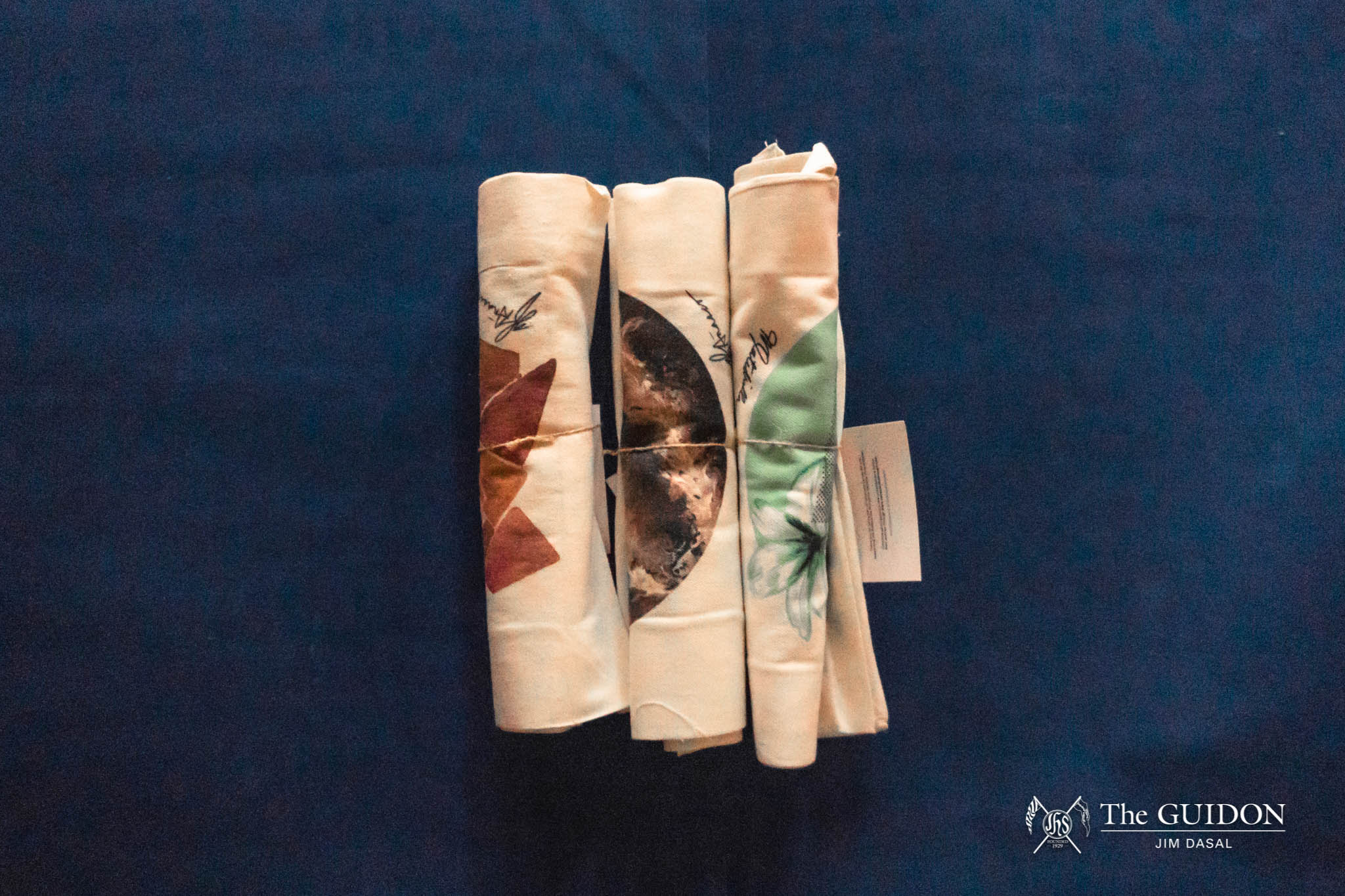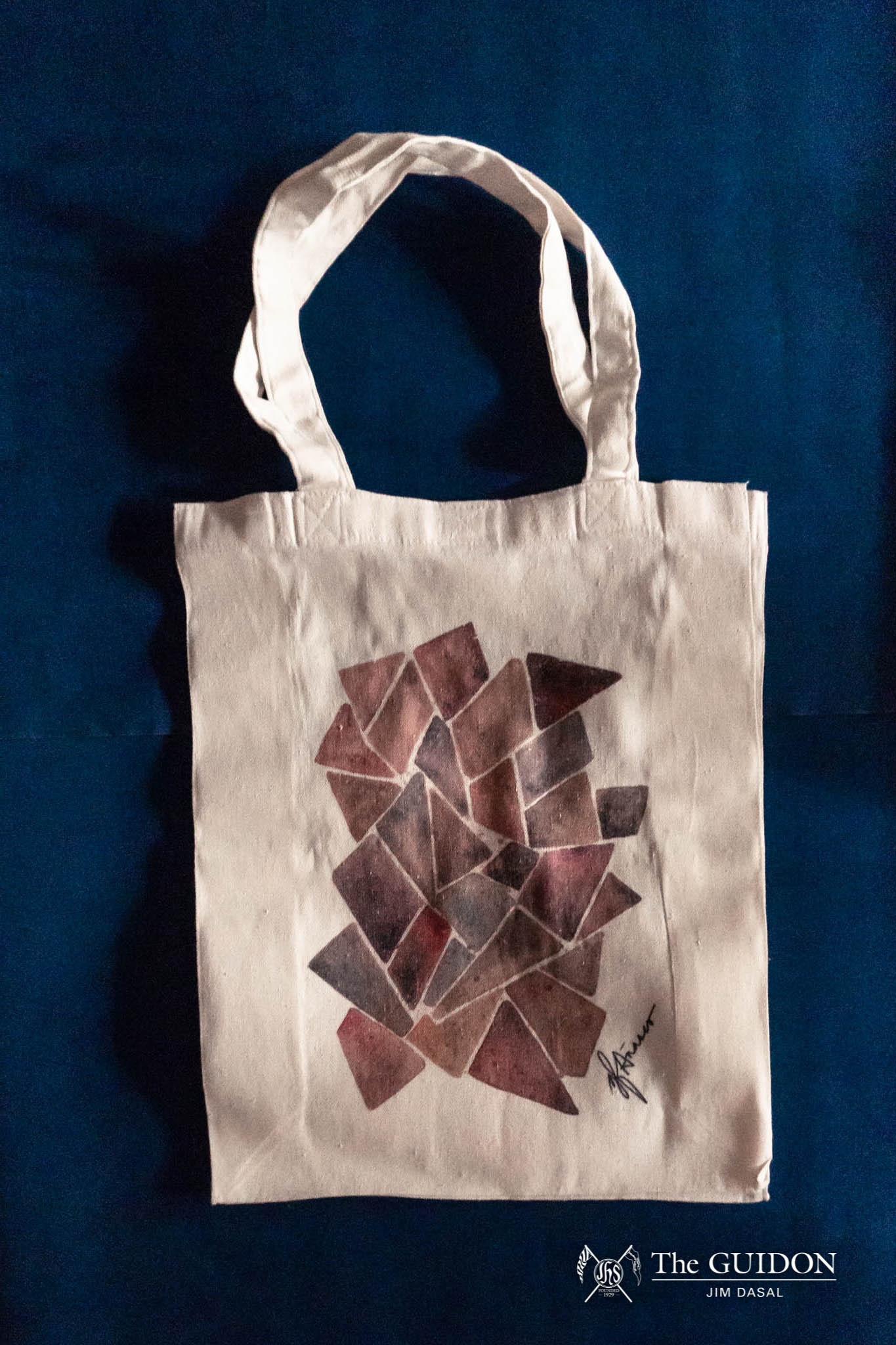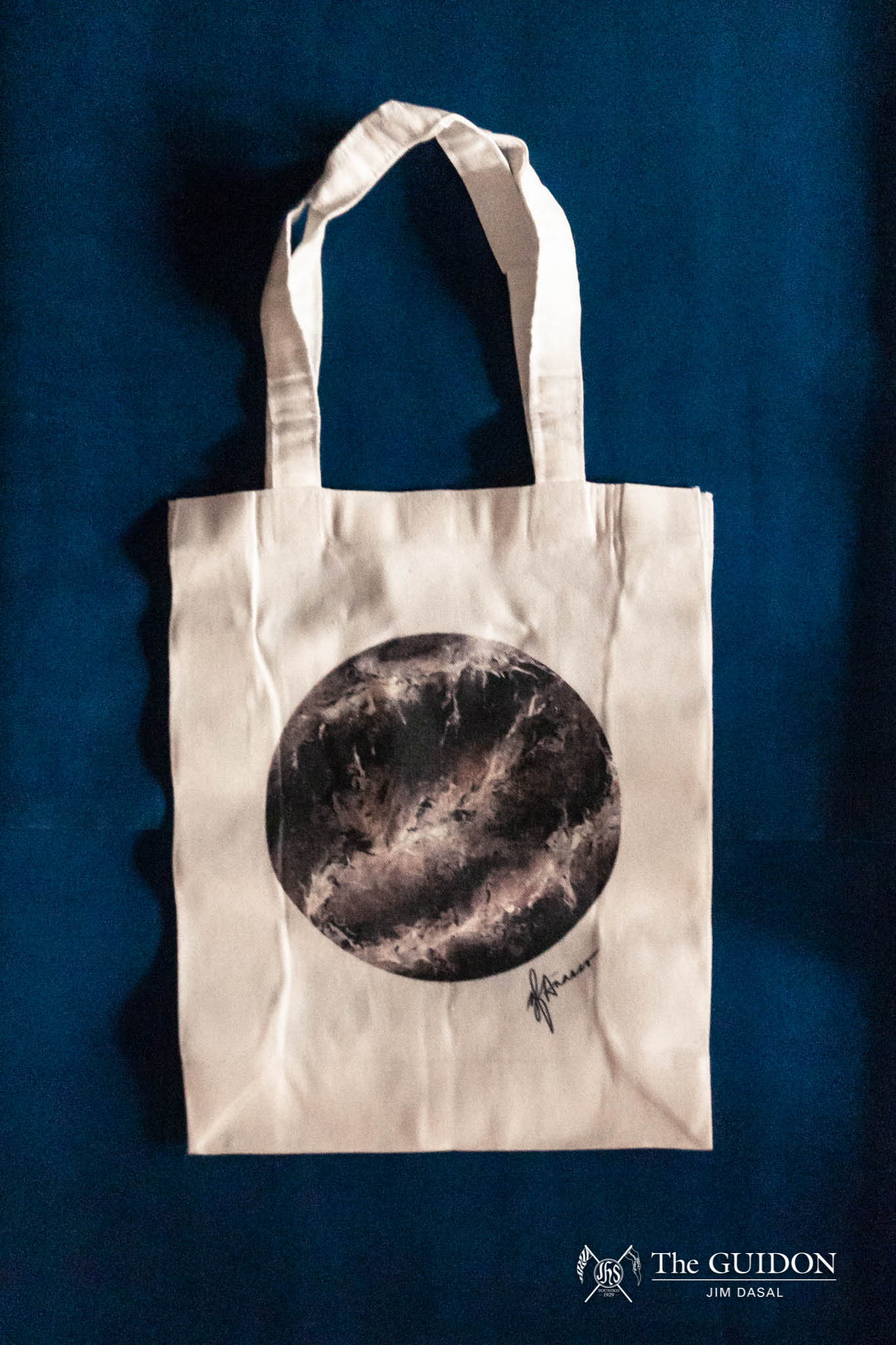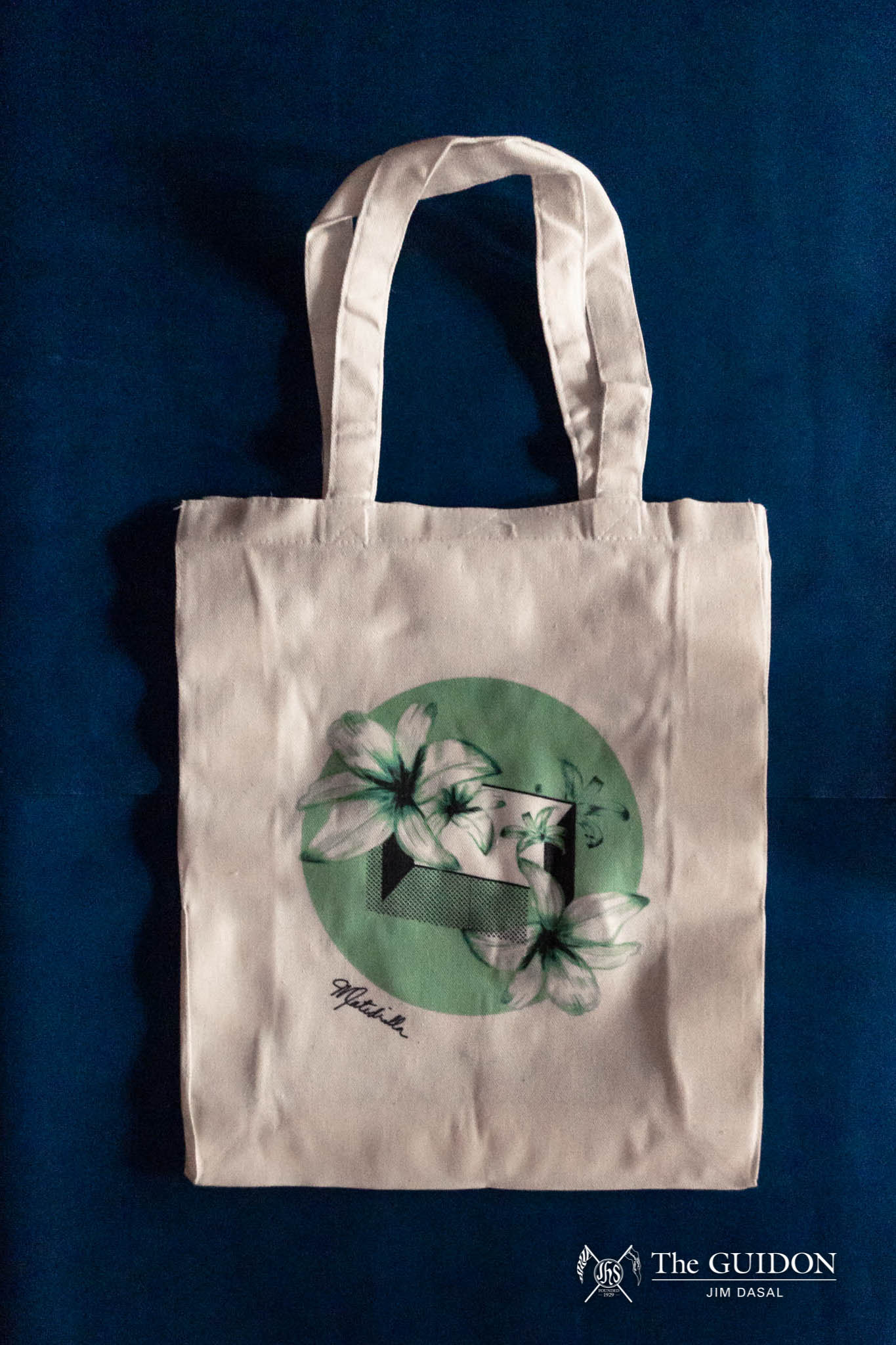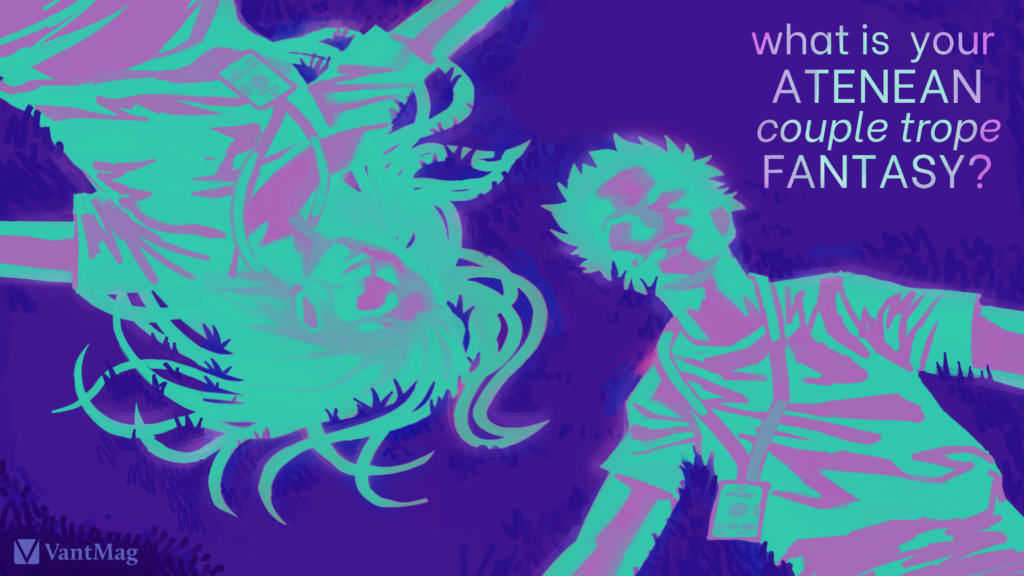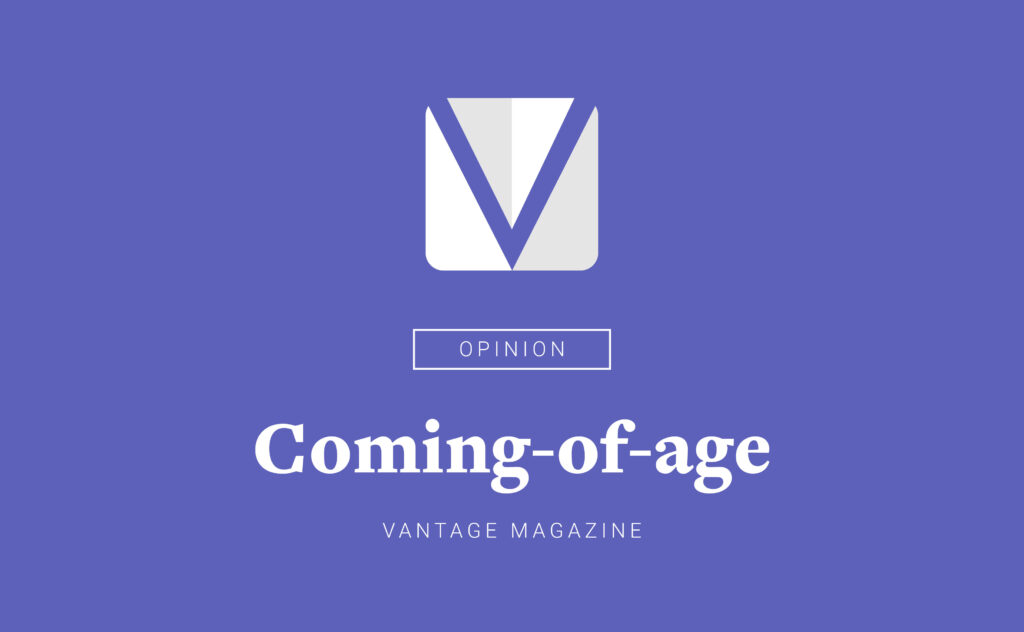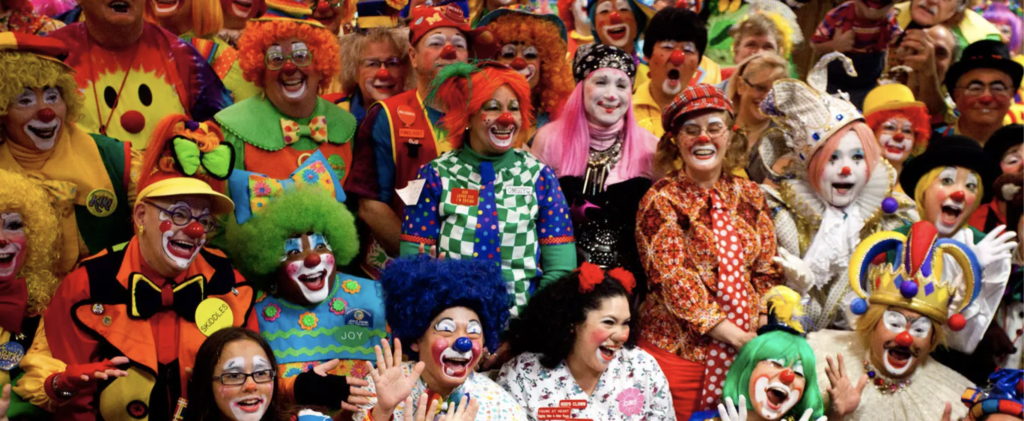December 3 marked the International Day of Persons with Disabilities (PWDs), when society is reminded to recognize PWDs and their rights. The event doesn’t, however, restrict these values to just one day. Rather, the United Nations calls on everyone to keep seeing PWDs beyond their disabilities.
Yet, discrimination against PWDs persists, because others have little patience in understanding their situation. One way to relate with PWDs, however, is through shared interests and hobbies, which many of them have found ways to pursue despite physical limits. Shining examples of these are para-athletes, or sportspeople with disabilities.
With ten gold medals from the 2018 Asian Para Games, Filipino paralympians testify to just how capable PWDs are; but a look behind the scenes tells another story of a team who desperately needed funding to enter the competition. Dismissed in favor of able-bodied players, para-athletes barely receive media coverage and financial support.
Such issues are challenged by Conscious Canvas PH, a social enterprise that sells bags made by PWDs and designed by local artists, with 10% of the proceeds going to the country’s para-athletes. What started as one Atenean’s passion project has become an avenue for sustainable empowerment, presenting PWDs as the opposite of broken.
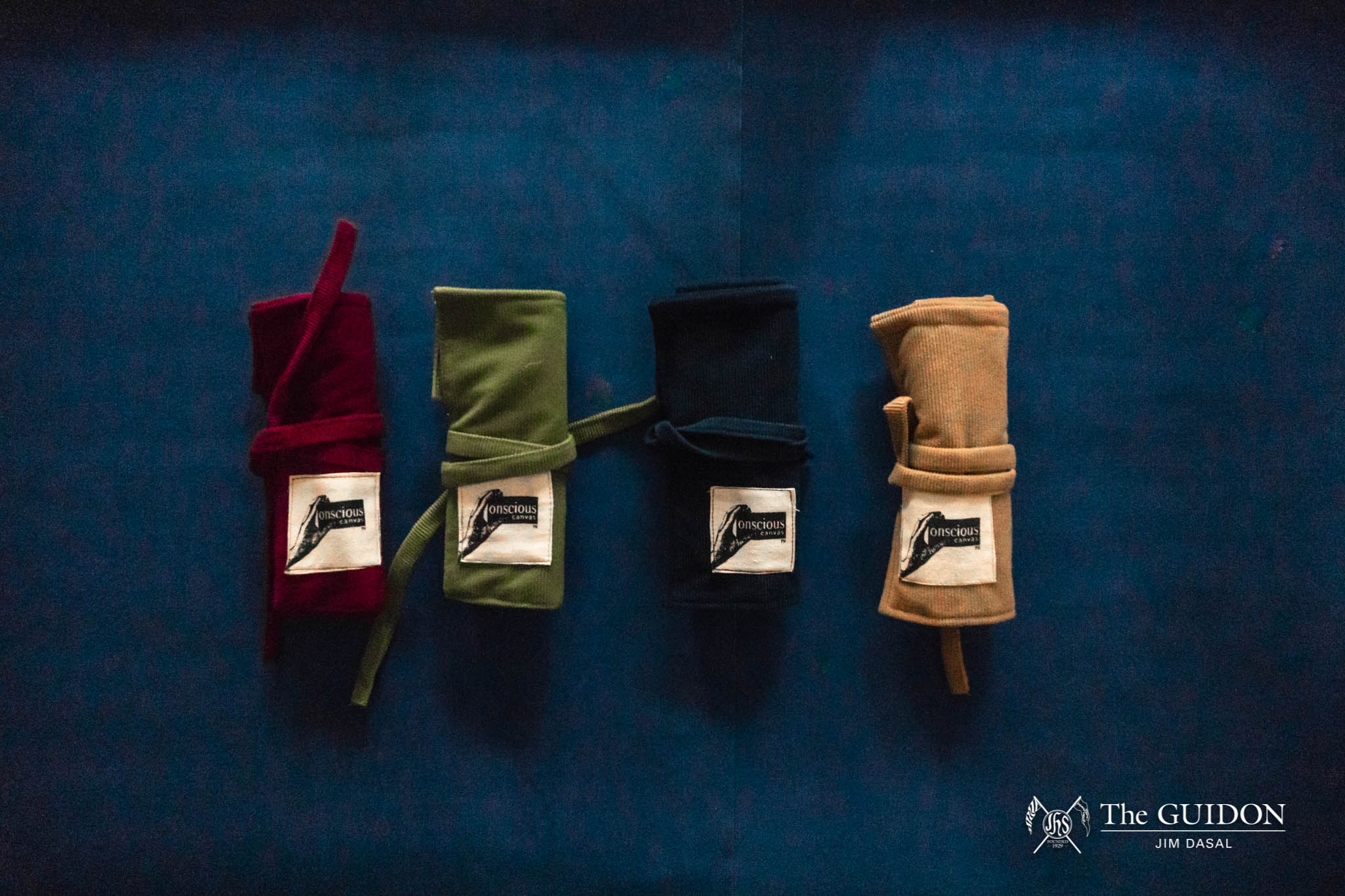
Start from the heart
Being an awarded UAAP fencer and sports enthusiast, Patricia Sarmiento (AB COM ‘17) chose to work on a thesis about local para-athletes. Her senior year was spent interviewing representatives from the Philippine Daily Inquirer and The Philippine Star, as well as PWDs from Tahanang Walang Hagdanan, Inc. and the Catholic Ministry to Deaf People. Eventually, she found that the lack of awareness and discourse about para-sports led to limited media coverage.
“The trivialization of PWD news also did not sit well with the PWDs,” she explains. “[They felt] that this invisibility in media reflected their invisibility in the community.”
Those insights culminated “Visual Representation of Para-athletes in Philippine Print News Media,” a thesis co-authored by Sarmiento, which went on to bag the 2017 Asian Journalism Award for Best in Academic Research. After listening to the stories of so many PWDs, however, she found that she could not let the advocacy stop there.
“I guess there was just this lingering question even after thesis work was done,” Sarmiento recalls. “What do you do when you are faced with big truths such as this?”
Her answer was Conscious Canvas PH, a brand that would “promote awareness, celebrate the talents, and concretely impact” the lives of PWDs. After forming the idea, Sarmiento faced the challenge of turning her goals for the advocacy into to a reality.
Establishing a new, self-made brand came with its fair share of difficulties. Sarmiento had to handle most of the operations on her own, but not without the guidance of others. “The greatest learning I’ve had in this short journey of six months is that there will always be people willing to help out,” she says. “I’ve asked people for help in terms of brainstorming, among other things, and it’s been amazing.”
Looking back on the experience, Sarmiento recounts that she felt lucky chancing upon the National Council on Disability Affairs (NCDA) booth in the Greenhills Shopping Center, where she met Marelyn Montes, who was running the stall. Later on, Sarmiento found out that the canvas products sold were made by PWDs from the Rehabilitation Sheltered Workshop of the Department of Social Welfare and Development (RSW-DSWD), where PWDs are provided the vocational training they need for social engagement and integration. This insight led to Sarmiento’s partnership with RSW-DSWD for the production of bags, and from there, Conscious Canvas PH began to take shape.
Before long, Sarmiento began to reach out directly to those she wanted to help. “When the idea was more concrete, I approached the Philippine Paralympic Committee (PPC) and they were happy with it,” she says.
Being more involved with her partners opened a door for Sarmiento to gain a deeper understanding of those she was working with. She witnessed PWDs crafting the products, and para-athletes who trained hard from day to day with the goal of representing and inspiring the PWD community.
“It was a different kind of fellowship that solidified why I was doing this and what the brand is truly about,” she remarks. “It is about them.”
Art that inspires
With the right ideas and people to support it, Conscious Canvas PH was able to transform vision into reality. Local designers such as Jill Catedrilla (BFA ID ‘17) and Gianna Añasco (BA Organizational Communication, University of the Philippines Diliman ‘17) have worked with the enterprise, chosen for how their advocacies shone through their art. According to Sarmiento, Añasco’s oil paintings were a perfect fit because they were able to express the “fluidity of forms” while Catedrilla’s background as a UAAP football athlete was a big factor as she was able to deeply relate with the para-athletes.
On the side of Catedrilla, working with Conscious Canvas PH not only contributed to the business, but also to her personal goal of making sports more inclusive. “Sports has done so much for me, and I want it to do the same for others,” she says. “I want my bags to, of course, spread awareness and support for the PWD community in concrete ways: whether it be funding for equipment or gym rental.”
Conscious Canvas PH is committed to spreading its advocacy, through such collaborations with other artists. The brand currently has a partnership with Works of Heart which is a design studio that uses art for social change. The company has also worked with one of the studio’s artists, Kristy Borromeo for canvas tote bags featured on the zero-waste online store The Alternative.
Unsung heroes
Besides the artists Sarmiento works with, there is also much to be said about the para-athletes who work with Conscious Canvas PH. A member of the Philippine National Para-Swimming Team and first to win gold for the Philippines in the Asia Para-Games, Ernie Gawilan has been a partner athlete of the company since May 2018. For him, the enterprise has helped put a spotlight on him and his fellow para-athletes and ignited interest in other PWDs who are looking for sports especially catered to them. “Ginagawa ko rin ito para ma-inspire iyong iba na mag-sumikap sa buhay at maging independent din sa sariling kakayahan,” he shares.
(I also do this to inspire others to work hard and be independent in their abilities.)
Edwin Villanueva is another member of the Philippine National Para-Swimming Team supported by proceeds from Conscious Canvas PH. Sharing concrete ways the company has helped para-athletes, he says that supplying goggles is most important to his team. “Kapag wala po kami niyan, hindi po kami maka-training nang maayos,” he says.
(If we don’t have [goggles], then we can’t train properly.)
Moving forward, Sarmiento envisions a bigger and better company that can reach out to even more people. “So far, the impact of Conscious Canvas on the PWD community has been really on spreading awareness and empowering them,” she says.
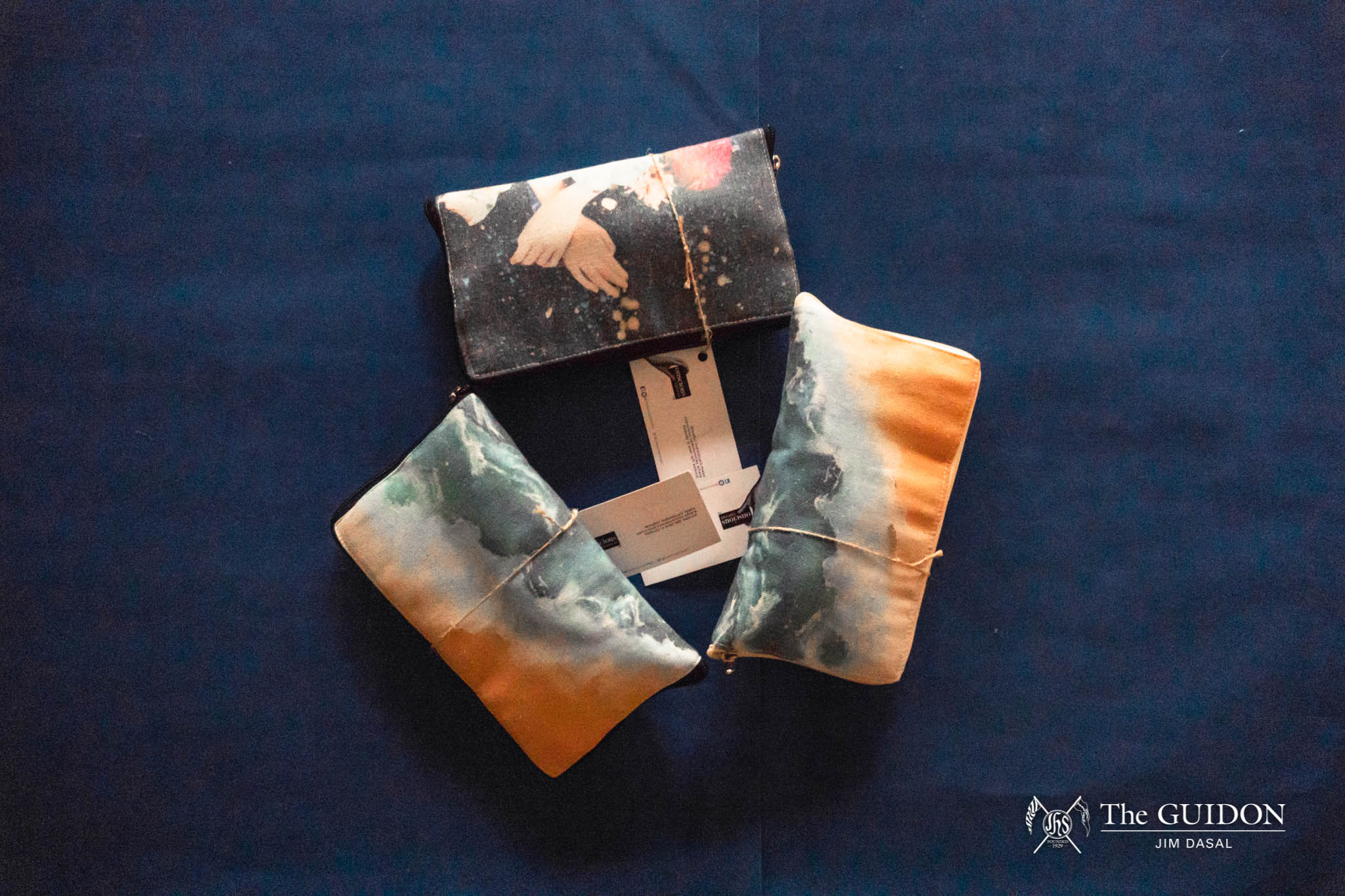
Steps to inclusivity
Much is in store for the future of the business. Conscious Canvas PH is currently working on solidifying its operations, as well as the reach of its products and promotions—to ultimately drive more inclusive perspectives that recognize PWDs. As a para-athlete, Gawilan knows exactly how much that means to the community.
“Mahalaga po na maging pantay ang pagtingin sa mga PWD athlete at able-bodied,” he explains. “Kasi po ‘yung para sa para-sports, ibig sabihin noon ay ‘parallel’ sa able-bodied.”
(It’s important for people to look at PWD athletes and the able-bodied equally. Because the ‘para’ in para-sports refers to being ‘parallel’ with the able-bodied.)
What the community wishes for, most of all, is acceptance. Conscious Canvas PH wants people to look past disabilities and see PWDs as capable people, too, who do what they can. Villanueva is certain that para-athletes can bring honor to our country, and hopes that more people will support them in their future competitions.
With this in mind, Sarmiento aims for change—to encourage more people to care for those who may not fit the norm.
“If we contribute in whatever way we can by doing small things in a great way,” she says, “we are already a step closer to a conscious community where no one is ever left behind.”


